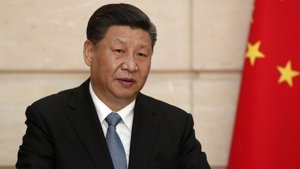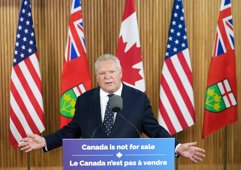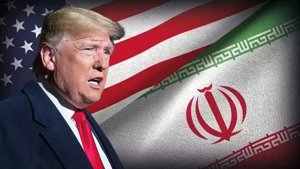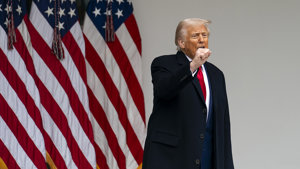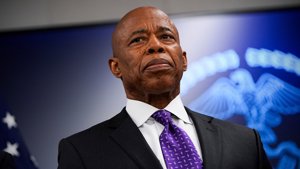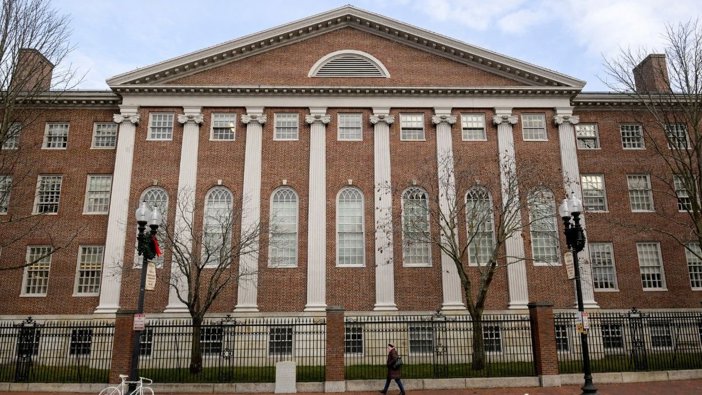
Trump Freezes Harvard Funding
The Trump administration has frozen $2.2 billion in multi-year grants and $60 million in federal contracts for Harvard University, following the university's refusal to comply with a set of newly mandated federal policy requirements. The move was announced by the federal Joint Task Force to Combat Anti-Semitism, which cited the university’s lack of cooperation as reflective of a “troubling entitlement mindset.”
The administration emphasized that continued federal support is conditional on protecting civil rights on campus and restoring a productive learning environment. “The disruption of learning that has plagued campuses in recent years is unacceptable,” the task force stated in its official release.
President Donald Trump further escalated the situation with a statement on Truth Social, suggesting that Harvard may no longer deserve its tax-exempt status. “Perhaps Harvard should lose its Tax Exempt Status and be taxed as a political entity if it keeps pushing political, ideological, and terrorist inspired/supporting ‘Sickness?’” he wrote. Trump asserted that tax exemption depends on institutions acting in the public interest.
According to the administration, Harvard had previously been issued sweeping directives. These included shutting down diversity, equity, and inclusion (DEI) offices, banning masks during protests, cooperating with immigration screenings for international students, enforcing merit-based hiring and admissions policies, and addressing concerns over faculty members allegedly prioritizing activism over academic scholarship.
The funding freeze and accompanying threats reflect the administration's broader campaign to realign higher education institutions with what it describes as constitutional and civic principles. The actions also underscore growing federal scrutiny over elite universities’ internal governance and political stance, particularly in the context of nationwide campus unrest and rising antisemitism concerns.
It remains unclear how Harvard will respond to the funding freeze or whether any legal or administrative challenges will be pursued. However, the standoff places the institution at the center of a larger debate over academic independence, federal oversight, and the boundaries of political activism within higher education.

